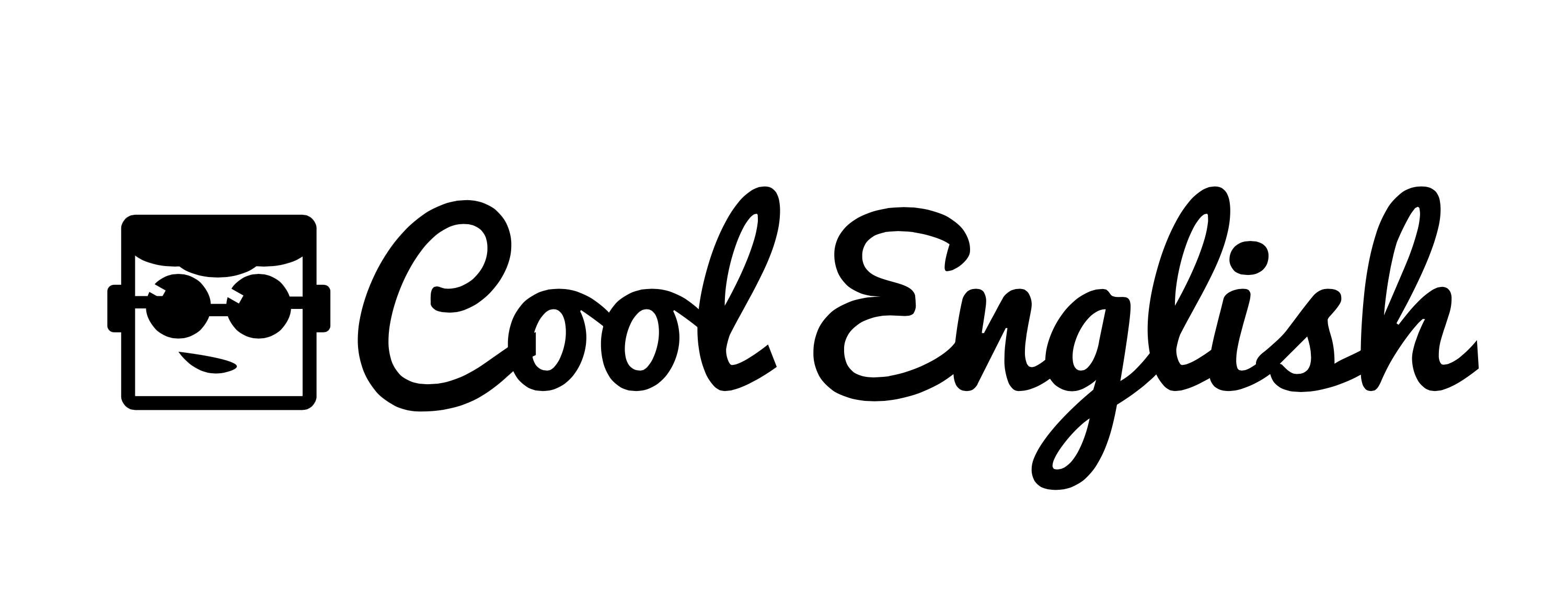なぜ英語の教科書のほとんどは未来形の「Going to」と「Will」について間違っているのか!
なぜ英語の教科書のほとんどは未来形の「Going to」と「Will」について間違っているのか!

英語では未来のことは二つの主な話し方がある。それは「will」と「going to」。ネットでそれについていろいろ習える。それぞれの違い、使い時、例文などを習える。でも、ほとんどのそのサイトの「will」と「going to」の教え方は大問題があります。英語の教科書の中にもこの問題がある。
The problem is, most of the example sentences use the long forms of "will" and "going to," instead of their reductions. So, most of the sentences don't sound very natural. Most native speakers don't say "will" or "going to" very much. In actual conversation, natives use reductions way more often. Instead of "will," natives say "I'll," "he'll," "she'll," etc. Instead of "going to," we say "gonna."
その問題はほとんどの例文は「will」と「going to」の略語の代わりに長形を使います。だからその例文の大部分はあまり自然に聞こえない。多くのネイティブは「will」と「going to」をあまり言わない。実際の会話ではずっとそれよりも略語を使う。「Will」の代わりにネイティブは「I'll」、「he'll」、「she'll」などを言う。「Going to」の代わりに「gonna」と言います。
How do I know this? Well, at first it was just my intuition. I'm an English teacher. So, I always pay attention to how I talk. I'm constantly thinking about the words I use. I want my students to be able to speak naturally, and understand natural English better.
どうして私はこれが分かるのか?さあ、最初は直感だけでした。私は英語の先生です。だから私はいつも自分の話し方に気づく。絶えず使っている言葉のことを考えている。私の生徒さんに今より英語を自然に話せて、自然な英語を理解して欲しいから。
But, intuition isn't always right. So, I decided to do a corpus analysis. What's a corpus? It's a database of words. A corpus can come from written words or spoken words. There are many corpuses. Some are written English, some are spoken English, some are other languages, like Japanese or French.
でも、直感はいつも正しいというわけではない。だから、コーパス分析をすることに決めた。コーパスって?それは言葉のデータベースです。コーパスは書き言葉から作られたの、または口言葉から作られたのがあります。コーパスはいろいろある。いくつかは書く英語、いくつかは口語の英語、いくつかは他の言語たとえば日本語やフランス語。
Linguists use corpuses to study how people actually use language. With a corpus, you can find out a lot of things about language. And, you can find out which words are most common
言語学者は人々は実際にどいう風に言語を使っているのかを研究するためにコーパスを使います。コーパスを使って言語についていろいろ習えます。それで、どの言葉が一番使われているのかも知れる。
I checked the UCSB corpus of spoken English to find out if the reduction of "will" is more common than the long form of "will," and if "gonna" is more common than "going to." And, guess what? I was right!
「Will」の略語は長形よりよく使われているのか、そして「gonna」は「going to」よりよく使われているのかをカリフォルニア大サンタバーバラ校の口語英語のコーパスで調べた。何だと思いますか?正解です!
In the corpus, natives use "will" 288 times. But they use reductions of "will," for example "we'll," "I'll," and "it'll," 702 times. That's more than twice as often. Also, "will" can't be a reduction at the beginning of a question. For example, "Will you go?." So, some of the examples are cases where the reduction can't be used. That means the percentage of cases where the reduction is chosen over the long form is even higher.
そのコーパスではネイティブは「will」を288回使う。でも「will」の略語、たとえば「we'll」、「I'll」、「it'll」は702回使われている。それは2倍以上です。その上、疑問文の初めでは「will」の略語は使えません。たとえば、「Will you go?」。だからその例文のいくつかは略語が使えない場合です。というのは、長刑の代わりに略語が選ばれた場合の率はさらにいっそう高いです。
I was right again with "going to" and "gonna." People said "going to" in the corpus only 110 times. And, some of those examples were present continuous, not future tense. So, future tense "going to" was less than 110 times. But they said "gonna" 823 times! That's like, more than 7 times as often. Science rocks!
「Going to」と「gonna」のことも正解でした。コーパスでは人々は「going to」を110回だけ言いました。その上、その例文のいくつかは未来形じゃなくて現在進行形でした。それで、未来形の「going to」は110回以下です。でも「gonna」を823回言いました!それはね、7倍以上です。科学は最高だ!
So, what's the conclusion? If you want to sound native, start using "I'll," "he'll," "she'll," etc. whenever possible, instead of will. And when possible, start using "gonna" instead of "going to." Actually, you can probably just start using the reductions of all the words that have them. But remember, I'm talking about talking. If you're writing an essay, stick to the long forms. But this site ain't about writing, is it?
それで、どういう結論ですか?ネイティブみたいに聞こえたいなら、できるだけ「will」の代わりに「I'll」、「he'll」、「she'll」などを使い始めた方がいい。そして可能であれば「going to」の代わりに「gonna」を使ってください。実は、たぶん略語のある言葉全部その略語を使い始めても大丈夫かも知れません。でも忘れないで、話すことについて話している。論文を書く時は長形にした方がいいです。でも、このサイトは書くことに集中していないよね?
By the way, you can find out more about how to use "gonna" and the different reductions of "will" here.
ところで、「gonna」の使い方と「will」の略語のことはここでもっと習えます。
http://www.kakkoiieigo.com/blog/im-gonna-vs-ill
So what are you gonna do today? Whatever it is, I'm hoping you'll enjoy it!

Cool English is a Steemit blog where you can get paid to study English.
I'm Bill. Thanks for reading Cool English! If you like this article, how about following me here on Steemit? You can follow me on Facebook and Twitter, too. (But you'll never get paid there!) Also, if you have any questions or just want to say something about this post, go ahead and leave a comment below, and maybe you'll make some Steem!😉
かっこいい英語は英語を勉強するだけでお金がもらえるSteemitブログです。
ビルです。かっこいい英語を読んでくれてありがとう!この記事が気に入ったらこのSteemitブログをフォローしたらどうですか?FacebookでもTwitterでもフォローしてもいいですよ。(でもあっちはお金がもらえません!)そして、このポストについての質問や言いたいことがあったら下にコメントを書いてくださって、Steemをもらうかも知れません😃
Other Cool English Posts:
「Cool」って、「かっこいい」だけじゃなくて、他の意味もあります "Cool" Doesn't Just Mean "Kakkoii," It Also Has Other Meanings
「10選かっこいい英語の「頑張って」の言い方のまとめ 10 Ways To Say "Ganbatte" In Cool English
「「I'm Gonna」と 「I'll」は全然違う。。。場合もある Sometimes "I'm Gonna" and "I'll" Are Totally Different
6選かっこいい英語の「実はね〜」の言い方のまとめ - 6 Ways To Say "実はね" In Cool English
英語を習ってお金がもらえるスティーミット - Get Paid To Learn English With Steemit